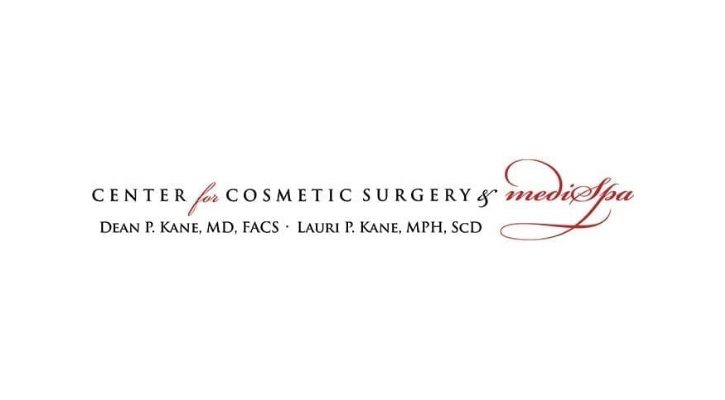| The Aesthetic Society Congratulates the Utah Plastic Surgery Society for Taking a Stand |
 |
| On August 31, 2015, an important federal case was decided. The 10th Circuit Court of Appeals affirmed the September 5, 2013 dismissal of an antitrust lawsuit filed by two cosmetic surgeons, in Utah. The defendants were the UPSS, ABPS, ASPS and several of our Utah (Plastic Surgery) colleagues. At issue was an educational campaign organized by the Utah Plastic Surgery Society. The most visible feature of the campaign, which included internet statements and a local television interview, was a billboard that depicted a tearful woman saying, “I didn’t know my “Cosmetic Surgeon” wasn’t a Plastic Surgeon.” More information can be found at http://www.surgery.org/ . “Educating the public about the importance of ABPS board certification remains a priority for The Aesthetic Society,” said James C. Grotting, MD, ASAPS President, upon hearing of Monday’s decision. “The Utah Plastic Surgery Society, along with the ASPS, ABPS and 19 of our colleagues in Utah, are all to be congratulated for boldly encouraging patients to understand the differences between cosmetic surgeons and plastic surgeons.” |
Office Location & Hours
Dermatology and Advanced Skin Care
8890 McGaw Road, Suite 150
Columbia, MD 21045
Let us help you find what you need
(410) 602-3322
Stay in touch with us
Follow Us On Social Media
Sign up for our newsletter to keep up with all the latest happenings.
Oops! Looks like you are already signed up to receive our newsletter.
Office 360s



